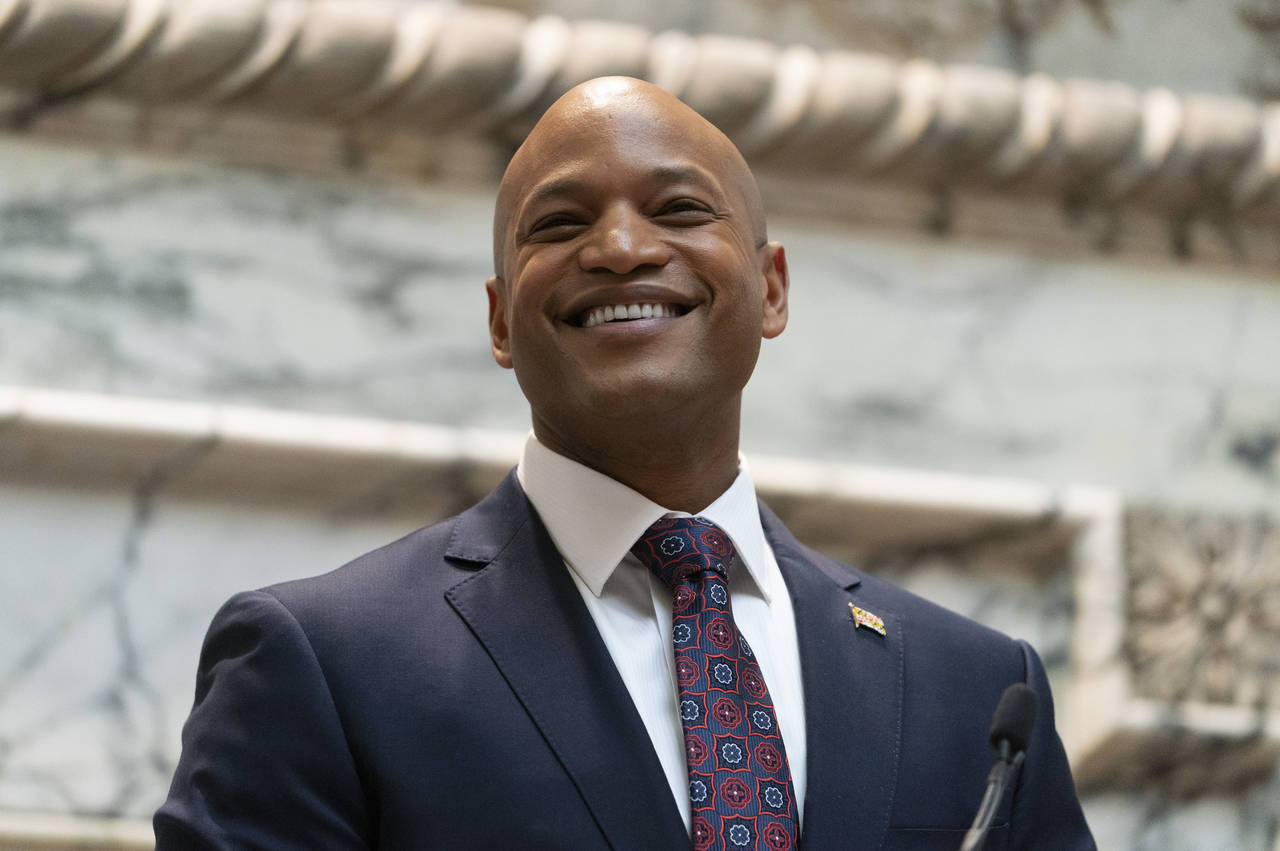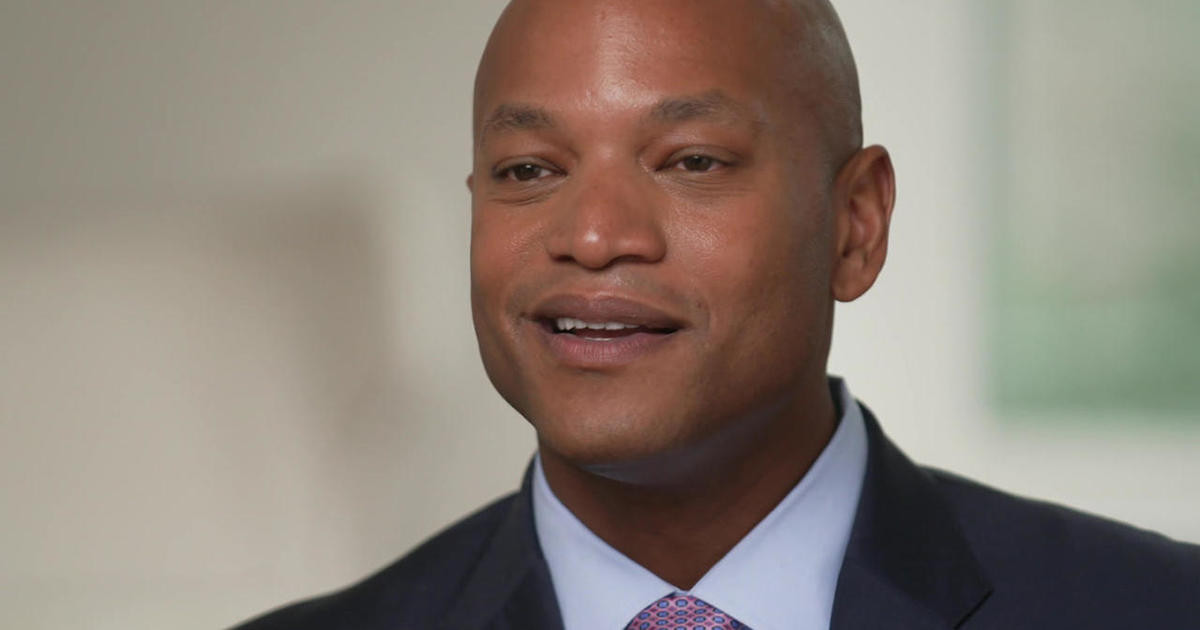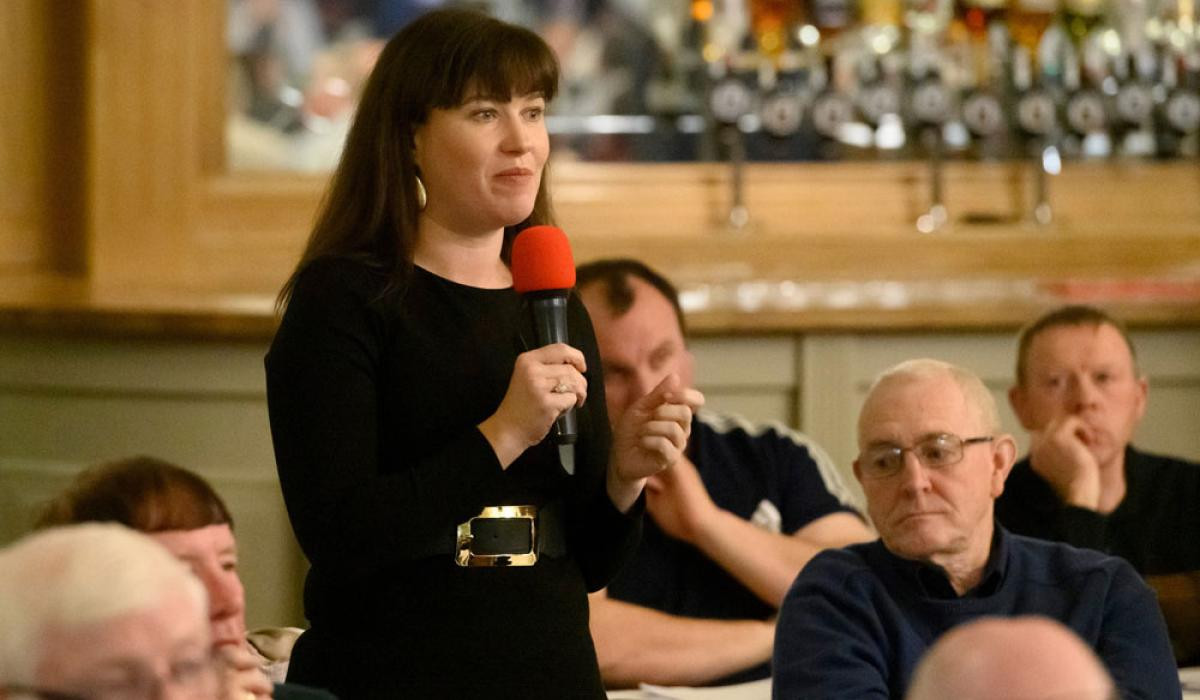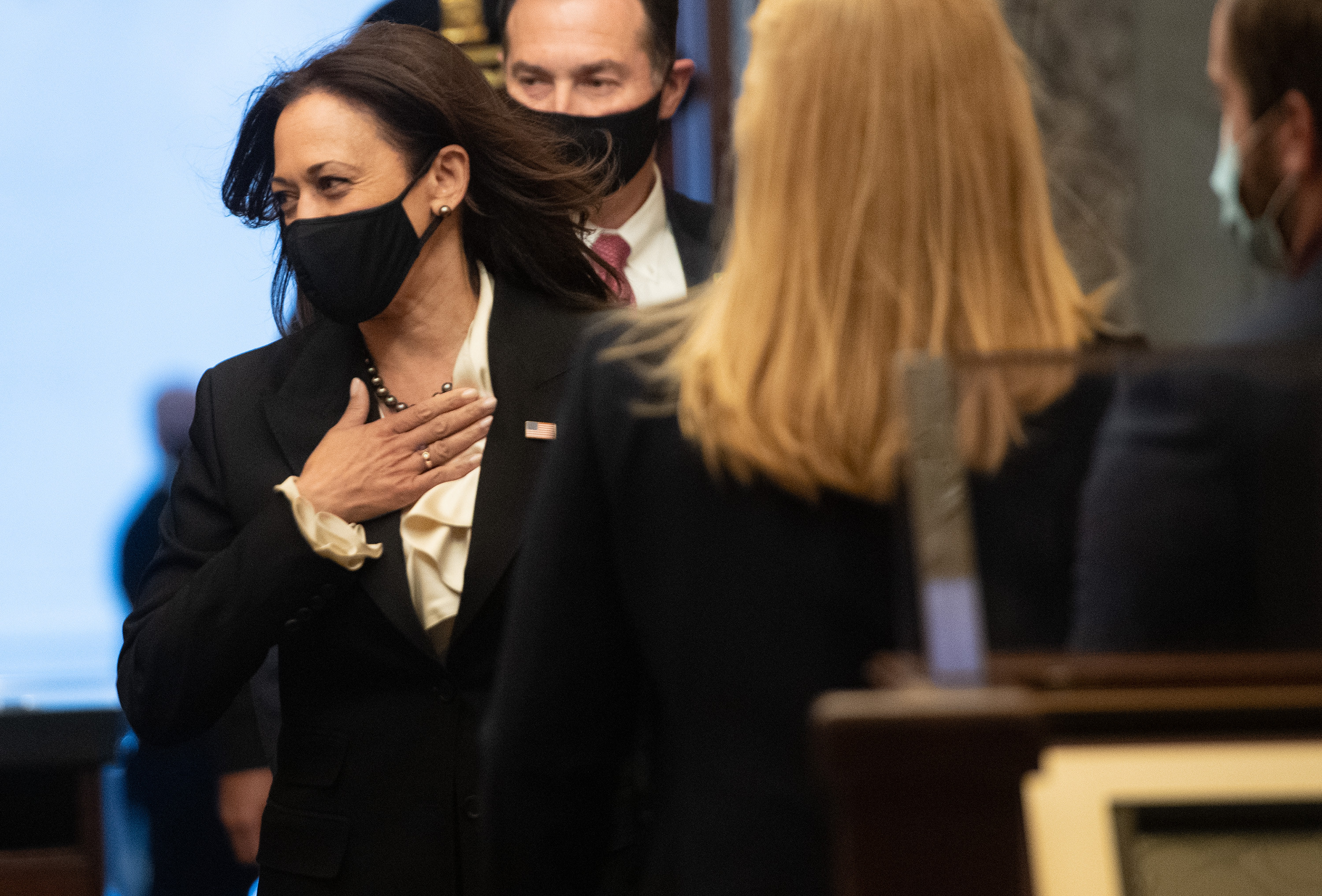Gov. Wes Moore (D) called for refinements to an expensive public education reform program and warned of additional difficult budget decisions for the coming year in a speech to county leaders Saturday.
Even as he offered full-throated support for implementation of the Blueprint for Maryland’s Future, Moore provided few details in his speech to the Maryland Association of Counties on the decisions ahead or how the sweeping education reform plan should be refined.
“But if there’s one thing that legislative history has taught us, it’s this: Laws of enormous potential must always be refined after they are passed,” Moore said.
His comments on the Blueprint were nearly identical to those made almost three weeks ago in an interview with Fox 45.
“I think people always want to hear details,” Senate Minority Leader Sen. Stephen S. Hershey Jr. (R-Upper Shore) said. “Could we have heard more details? That’s the December speech, right?”
The association holds a three-day conference in December that is often a table setter for local government priorities heading into the legislative session. Hershey said he expects “a more detailed conversation, a more detailed speech” then.
Moore’s speech Saturday morning was his third to the association as governor. Each has delivered sobering if not bad budget news, and Saturday’s were no different.
“Just yesterday — and I look at these numbers religiously — just yesterday, I was looking at new data.,” Moore said. “The newest data showed that Maryland added over 6,100 jobs in July, and our unemployment rate remains one of the lowest in the country, at 2.8%.”
But he soon struck a more serious tone, warning of fiscal challenges ahead.
“I do want to be clear. The next leg of this mission to address our fiscal challenges, it will be harder than the last, and right now, everything is on the table,” Moore said.
He said Friday he remains opposed to tax increases saying any such proposal must meet a high bar, echoing comments by Senate President Bill Ferguson (D-Baltimore City) a day earlier.
In January, legislative budget analysts projected a structural budget deficit of $1 billion in the coming fiscal year, rising to $1.3 billion by fiscal 2027, the last year of Moore’s current term, and $3 billion a year later. The state also faces a $3 billion gap between transportation requests over the next six years and projected revenues in the Transportation Trust Fund.
Moore noted that the fiscal health of the state looks very different from 2016, when work began on the Blueprint.
“So, a lot has changed since 2016. We’ve gone through the pandemic, but we are still dealing with the long-term consequences of the pandemic,” said Moore.
“We also know that we now have an administration that is committed to this legislation’s success, instead of one that is committed to demonizing it and killing it,” he said. “We now know that we have an administration that is ready to work with local jurisdictions who believe in the goals of the Blueprint but do not feel like they are part of the process in making it real.”
The state’s fiscal health hung heavy over the gathering of county and municipal leaders on the Eastern Shore.
Last month, Moore and the Board of Public Works trimmed $150 million just days into the current budget year. The July budget cuts were an initial move to address a nearly $1 billion shortfall driven by higher-than-expected Medicaid participation and the state’s child care subsidies. Moore has said both are priorities as part of an effort to improve the state’s economy by getting people back to work.
Moore’s speech came just hours after dozens of county officials gathered to discuss concerns about the increasing fiscal pressures placed on their respective jurisdictions as each looks for ways to cover their portions of the program.
“Between state revenues, between fund balances getting lower, it’s going to be more and more cataclysmic without course corrections on the way,” said Dorchester County Councilman Michael Detmer (R).
Detmer expressed skepticism that reforms are coming. He said he is concerned about the apparent “intransigence of the people that support it and that are actually making the decisions that can continue to support it.”
“The Speaker the House of Delegates, in her opening remarks of the last session, said there will be no discussion about this. So, we have these diverging things,” he said. “There doesn’t seem to be any appetite for any kind of modifications. And every day that goes by that we don’t start making a change is raising the stakes.”
Many local leaders in the room said they want the state to ease the fiscal pressures by extending the timeline for absorbing costs or giving them flexibility to implement parts of the plan that work best for them.
“Kent County has one high school — one high school in the entire county — and probably just less than 3,000 total students,” Hershey said. “Montgomery County has a $3 billion education budget. How do you put together one piece of education reform that fits both of those two counties? It’s very difficult.
“That’s what we have been trying to say throughout this process. We’ve got to find a way that the counties can take this broad reform package and find the pieces that work for them the best,” he said.
Others favor tax increases.
“I’m not afraid of raising taxes,” said Montgomery County Executive Marc Elrich (D).
Elrich supports a proposal that would impose a combined reporting requirement on corporate earnings in Maryland. It would also raise taxes on high-income earners.
Last year, proponents of the so-called Fair Share Act said the proposal would raise $1.3 billion when fully phased in. The bill failed when Ferguson and Senate leaders balked at broad-based tax increases.
Michael Sanderson, executive director of the association, attempted to raise morale of the group by promising to continue explaining local fiscal challenges to Moore and lawmakers.
“This is a priority. It’s one of the things that our initiatives committee is talking about making as a top issue for the next legislative session,” said Sanderson. “And if the window is open for a smarter and more sustainable path to the successes that are in the Blueprint, we may have more allies in that effort than would meet the eye. So, let’s have some optimism there on that front.”
by Bryan P. Sears, Maryland Matters August 18, 2024


















